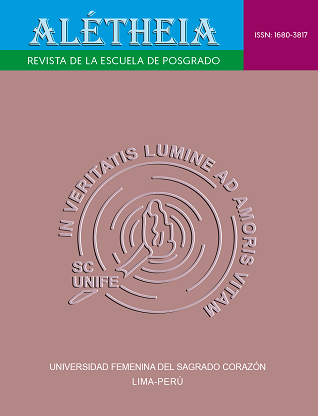A teaching pedagogical paradigm in the neuroscience
DOI:
https://doi.org/10.33539/aletheia.2014.n2.1090Keywords:
neuroscience, Teaching Pedagogical Paradigm (TPP), Ignatian Pedagogical Paradigm (IPP), learning, memory, relationship, mirror neurons.Abstract
The present article is based on an earlier reflection in the field of neuroethics; it was freely used as a contribution in a seminar during Ignatian schools’s teachers’ training in Italy. We are talking about an Ignatian Pedagogical Paradigm (IPP) consolidated in tradition that since the final drafting of Ratio Studiorum was carried out in 1599, has constituted the starting point for schools and universities of Jesuits, and has served, also as a constant reference point for Ignatian congregations participating in educational services. If learning’s sciences progress and evolve through comparison and assessment of experiences; neuroscientific studies may, somehow, contribute to the confirmation of the effectiveness of a teaching method in the study of the understanding of the brain’s functioning. It would, therefore, to find a possible correspondence between the transmission of knowledge and the organization of neural networks, in order to verify, or disprove, the appropriateness of the ways in which knowledge is presented.





